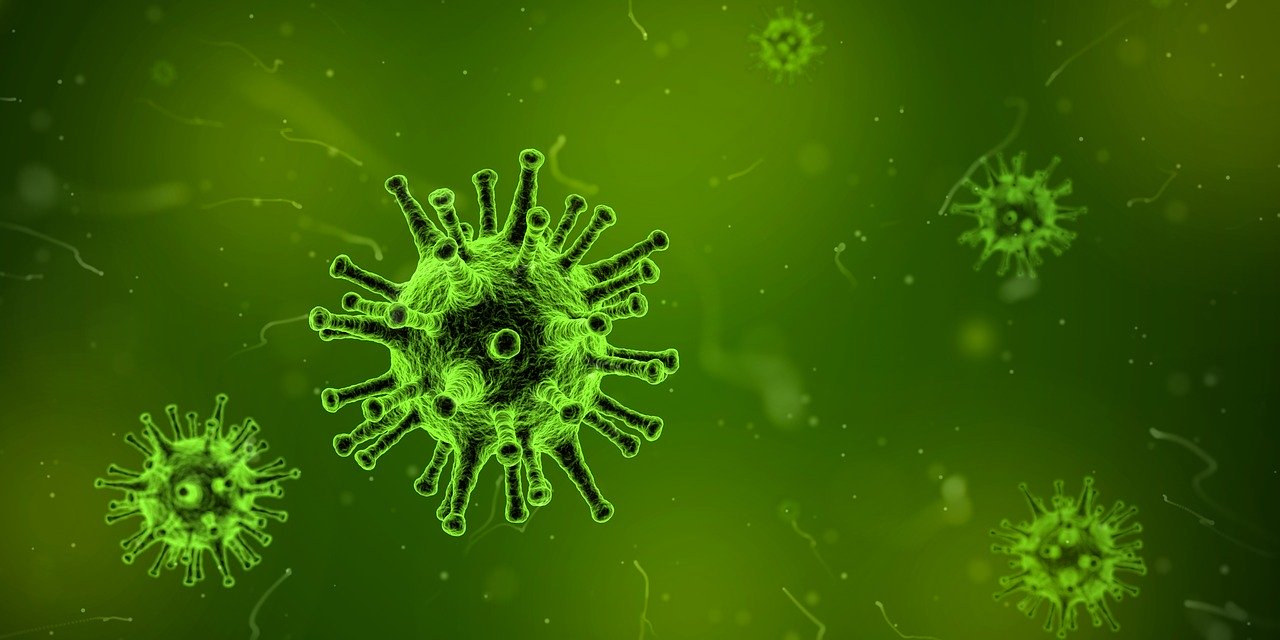Seven things you should know about the coronavirus, written by a registered nurse.
NOTE: The number of confirmed coronavirus cases and deaths changes daily. However, the points made below are spot on and timeless. HERE is a link to the Center for Disease Control and Prevention, which has current U.S. coronavirus information.
1. Coronavirus itself isn’t new. Just like influenza, coronavirus is a family of respiratory viruses, and there are multiple strains, which have the ability to change over time. Coronavirus is already common in the United States, and has been for years. I have personally cared for patients with this diagnosis.
2. Novel coronavirus, also known as COVID-19, is the strain we’re hearing about in the news. It emerged in Wuhan, China at the end of 2019.
3. Symptoms of COVID-19 include fever, cough, and shortness of breath. Just like the flu and common cold, it is spread person to person via respiratory droplets when an infected person coughs or sneezes.
4. According to the Center for Disease Control and Prevention (CDC), AS OF MARCH 5, there have been 99 confirmed cases of COVID-19 in the United States and 10 deaths. Compare this to influenza, which the CDC estimates will infect between 29,000,000 and 41,000,000 people in the United States alone during the 2019-20 season, resulting in 16,000 to 41,000 deaths.
5. “But there’s no cure!” You’re right. There’s no magic pill that cures the flu either. But there is a flu vaccine (that doesn’t cause autism) that can protect you from our most common respiratory viruses. Maybe go get one.
6. So, why are we panicking? Frankly, because the media tells us to. Manufacturing a pandemic is a great way to boost ratings, but everything science knows so far about COVID-19 has revealed it to be no more than yet another respiratory virus (and there are thousands).
7. The scariest part of COVID-19 isn’t the virus itself, it’s the resulting baseless mass paranoia. Hospitals are hoarding supplies, creating shortages of PPE necessary to protect healthcare workers and patients. Cities are refusing to house and treat sick people who have nowhere else to go. People are using the virus as an excuse for their own social prejudices.
So, what can you do? Turn off the TV and arm yourself with the facts. Stop the spread of false information. And for Pete’s sake, wash your hands.
(Information & statistics obtained directly from the CDC & WHO)
Want to know more? Learn from the experts the the world Health Organization and Centers For Disease Control:

